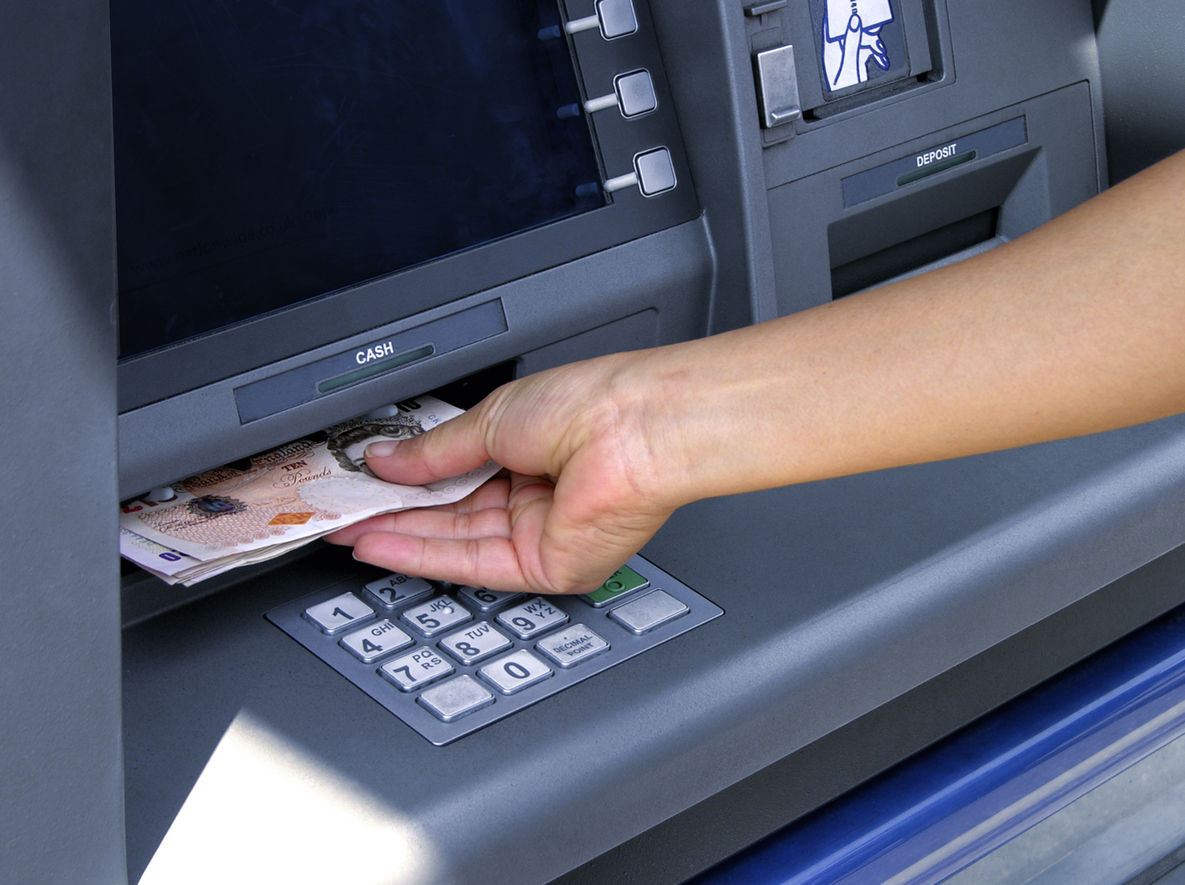The poorest communities in the UK are being hit the hardest by the loss of free-to-use cash machines, with one in 10 being axed or charging fees in the last 17 months.
A study released today, carried out by Which?, found that 8,700 machines have gone in that time, but only 223 were in the wealthiest areas.
By contrast, the most deprived areas lost 979 machines with a further 15 per cent set to go if network operator NoteMachine carries out plans to start charging fees on 1,500 ATMs.
People on lower incomes tend to be more reliant on cash — that's why we are so concerned about the alarming loss of free-to-use ATM's in deprived areas.
Read our letter w/@natceeney to @sajidjavid urging the government to legally guarantee our ability to access and pay with cash pic.twitter.com/Q8otOy9Y2H
— Which? (@WhichUK) September 18, 2019
Great Yarmouth was the location where the loss was felt the most, with almost half the cash machines there charging a fee, while there have been significant increases in Vauxhall, Birmingham Hodge Hill and Nuneaton.
These charges soon add up, particularly for those on the lowest household incomes who still use cash – 78 per cent in this group still use cash three times a week.





